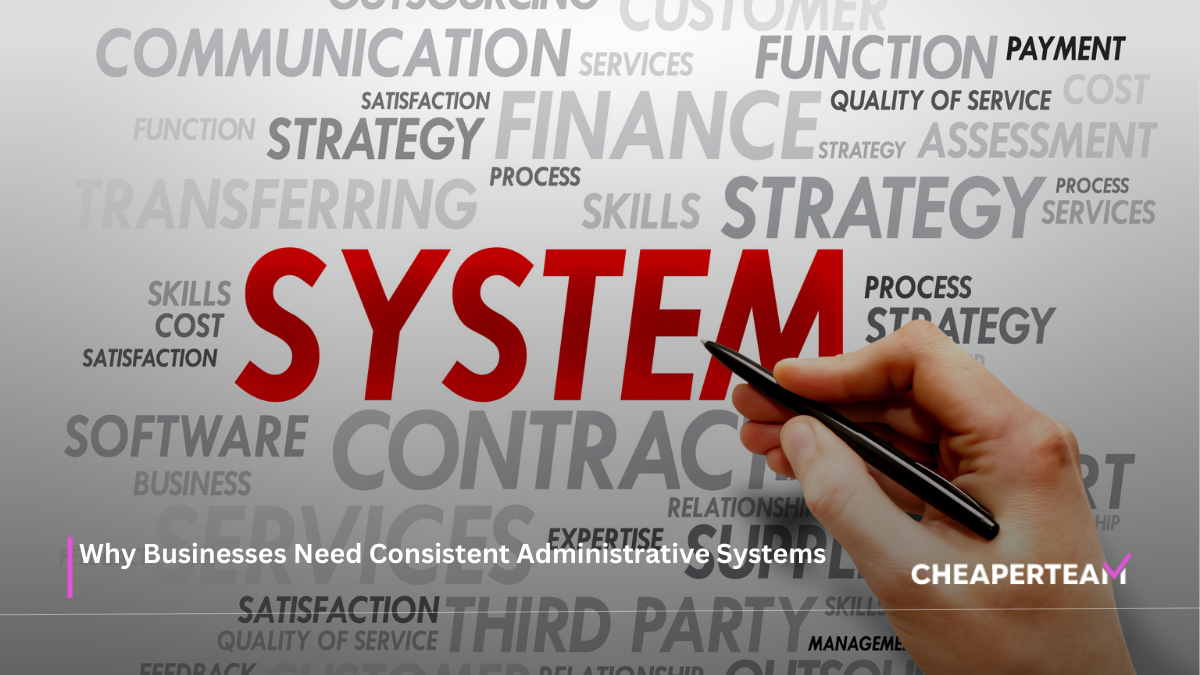In today’s competitive business environment, cost-cutting measures are essential for companies to maintain their profitability. One effective way to cut costs is through outsourcing business operations. Outsourcing refers to the practice of hiring third-party vendors to handle specific tasks or functions that would typically be performed in-house. Here are the advantages of outsourcing and how it can help businesses reduce their expenses.
Advantages of Outsourcing
- Reduced Labor Costs
Outsourcing can help businesses reduce their labor costs significantly. When a company outsources some of its business functions to a third-party vendor, it eliminates the need to hire and train additional employees. Additionally, companies don’t have to pay employee benefits such as health insurance, sick leave, and retirement benefits, which can add up to significant savings.
- Access to Specialized Expertise
Outsourcing allows companies to access specialized expertise that they may not have in-house. For example, a small business may not have an IT department capable of managing its network infrastructure, but by outsourcing this function, it can benefit from the expertise of a third-party vendor that specializes in this area. Additionally, outsourcing can help businesses stay up to date with the latest technologies and trends, which can give them a competitive advantage.
- Improved Focus on Core Business
Outsourcing non-core business functions allows companies to focus on their core business activities, which are critical to their success. By delegating non-core functions to third-party vendors, businesses can free up resources, such as time and money, that can be redirected to core activities. This, in turn, can lead to increased productivity, efficiency, and profitability.
Effective Outsourcing Strategies
To reap the full benefits of outsourcing, businesses need to implement effective strategies that maximize the advantages of outsourcing. Here are some strategies that businesses can use to make outsourcing work for them:
- Define Clear Objectives
Before outsourcing any business functions, businesses need to define clear objectives that align with their overall business goals. This ensures that the outsourcing arrangement is consistent with their business strategy, and the outcomes of outsourcing are measurable.
- Choose the Right Vendor
Selecting the right vendor is critical to the success of outsourcing. Businesses should consider factors such as vendor experience, reputation, and pricing when selecting a vendor. Additionally, businesses should look for vendors that have a proven track record of delivering quality services and have experience working with companies in their industry.
- Develop a Strong Relationship with the Vendor
Developing a strong relationship with the vendor is essential for successful outsourcing. Businesses should establish clear lines of communication with their vendors, and set expectations early on in the outsourcing relationship. Additionally, businesses should regularly monitor vendor performance and provide feedback to ensure that the vendor is meeting their expectations.
Conclusion
While there are many outsourcing companies available in the market, Cheaperteam stands out as a top choice for businesses looking to reduce their expenses and improve their bottom line. Cheaperteam offers a wide range of outsourcing services at affordable prices, making it an attractive option for small and medium-sized businesses. Additionally, Cheaperteam has a team of experienced professionals who are experts in their respective fields, providing businesses with access to specialized expertise that they may not have in-house. Finally, Cheaperteam prides itself on developing strong relationships with its clients, ensuring that they are satisfied with the services provided. By choosing Cheaperteam as their outsourcing partner, businesses can achieve their cost-cutting goals and focus on their core activities while leaving non-core functions to a trusted partner.





